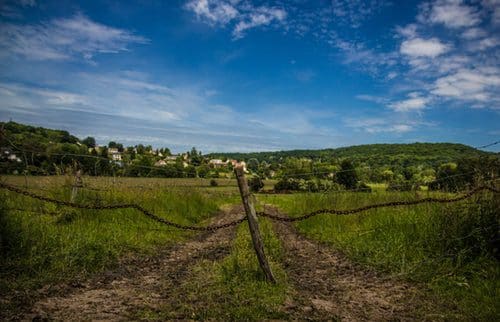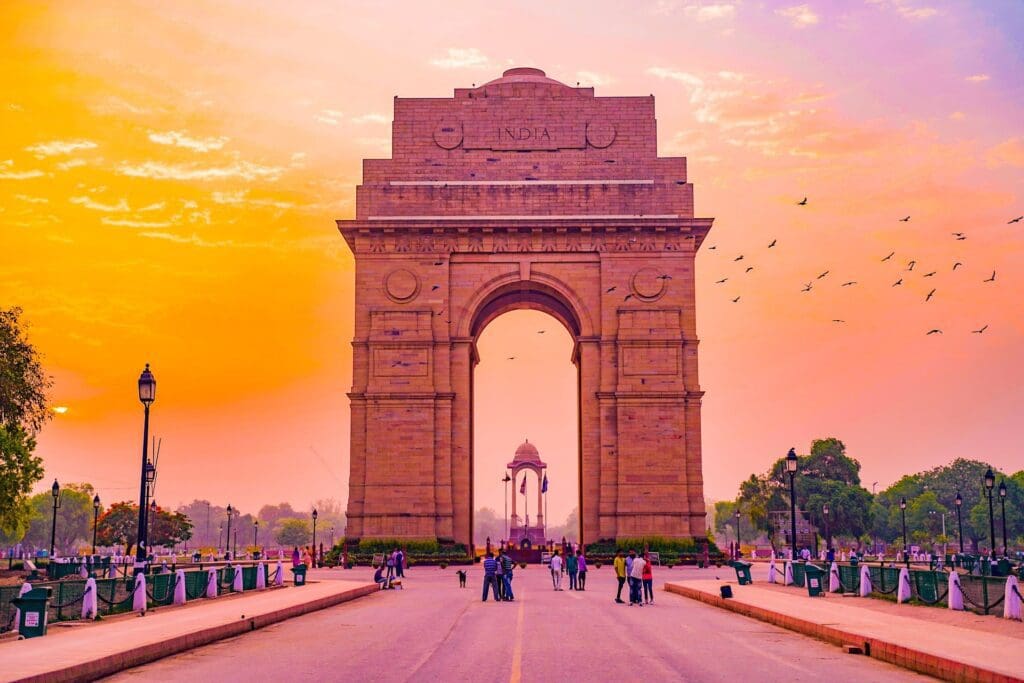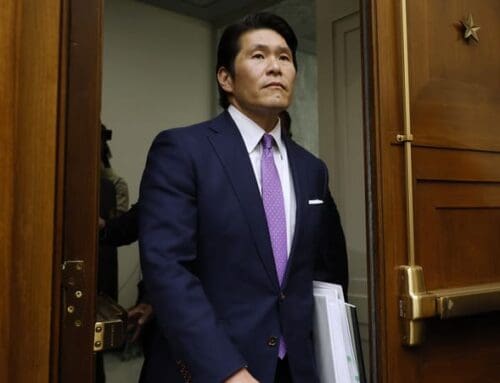

A high court judgment that invites more land invasions
A flawed judgment handed down last week by a full bench of the Western Cape high court has further undermined the property rights of all South Africans. It has also invited many more illegal land invasions by imposing unwise and unwarranted limits on the common law remedy of counter spoliation.
The criminal syndicates engaged in the hijacking of buildings – both in city centres and more recently in residential suburbs too – will doubtless take note of the ruling and seek to turn it to their advantage. And people who cannot afford litigation to reclaim their homes or other property are likely to be left with no remedy at all.
Counter spoliation
Counter spoliation is a well-established common law rule which allows people to take back their property while the process of dispossession is still under way. They must act quickly, however, and before those busy taking their property have completed or ‘perfected’ their unlawful possession.
The City of Cape Town – which had already lost about 360 hectares (200 football fields) to land invaders in two years and faced more than 100 well-organised and often violent land invasions in mid-2020 – took the view that counter-spoliation could be used for some 48 hours after an invasion, or until such time as land invaders had occupied their shacks and thereby turned them into homes.
Once this had occurred, as the City acknowledged, the land invaders qualified as unlawful occupiers under the Protection of Illegal Eviction From and Unlawful Occupation of Land Act (the PIE Act) and could not be evicted without a prior court order. They were also then protected by Section 26(3) of the Constitution, which says that ‘no one may be evicted from their home’ without a court order authorising this.
The high court rejected the City’s perspective. According to its judgment, the City may indeed use counter spoliation to turn land invaders away from municipal land which they are still ‘seeking to unlawfully occupy’. But once the invaders have ‘gained access to the land unlawfully and are in the process of erecting structures’ on it, it all depends on how far their construction has got.
If they are ‘merely putting pegs in the ground’, their possession is not yet perfected. But if they are ‘putting on the last wall and/or roof’, then the taking of possession has been completed and counter spoliation is no longer available.
Said the court: ‘Where structures are completed and unoccupied and it took some time and effort to transport the building materials to the land and to commence construction of the informal structures, it would prima facie appear that the possession has been perfected and that the City…cannot rely upon counter spoliation.’
The high court went on to reiterate that counter spoliation is valid and constitutional in ‘narrow’ circumstances. However, as the court stressed, it can never be used to evict land invaders or to demolish their informal structures, whether these are occupied at the time or not.
How the case began
The case arose in July 2020, when Bulelani Qolani was evicted from the Ethembeni informal settlement in Khayelitsha by the City’s Anti-Land Invasion Unit (ALIU). What made his eviction particularly contentious was his decision – made when he saw ALIU members approaching – to undress for a bath and then stand naked outside his shack, asking to be allowed to finish his bath. When he went inside again for this purpose, the ALIU dragged him naked from his shack, pepper-sprayed him, and pinned him down while demolishing his shack.
The City said Qolani’s dwelling had been erected only the day before and was still unoccupied at the time. Moreover, it had been Qolani’s own choice to stand naked outside his shack. This was in keeping with ‘the latest trend, whereby people undressed themselves’ as a strategy to avoid eviction.
Video footage of a naked Qolani being dragged out of his shack went viral around the world and was ‘reminiscent of the brutal forced removals under apartheid’, the high court commented. The City argued that there were disputes of fact still needing to be resolved, but the judges took the view that the City’s own video footage ‘confirmed how the incident had unfolded’.
With counter-spoliation confined to a ‘narrow window of opportunity’, as the high court put it, owners wanting to evict land invaders will generally have little choice but to seek court orders under PIE to regain their property. But this is a daunting prospect, as Dominic Steyn, a partner in a law firm, points out.
The courts may order the eviction of unlawful occupiers under PIE only if this is ‘just and equitable’ in all the circumstances. This in turn depends on the likely impact on women, children, and the elderly – as well as the availability of alternative accommodation for the occupiers.
Writes Steyn: ‘These legally mandated considerations result in a logistical nightmare for the court, the property owner, and the relevant municipality. If there is no alternative accommodation readily available, the unlawful occupiers may not be evicted until it somehow becomes available.’
Organised syndicates
Organised syndicates have learned to take advantage of PIE. Their business model, says Steyn, is to ‘force their way into occupied or vacant properties, forcibly evict tenants or owners, and put in place tenants of their choice’. This brings PIE into play and allows the syndicates to garner significant income from their illegal tenants while the ousted owners remain responsible for rates and other municipal charges.
The syndicates brief lawyers to oppose the eviction applications brought before the courts and can drag the process out for many years. In Steyn’s experience, ‘legal costs for the property owner can easily exceed R800 000 and are seldom recoverable’.
The syndicates have long focused on hijacking buildings in central business districts, where they have pushed many owners into abandoning their assets. More recently, they have also begun hijacking residential properties in Pretoria – generally when owners are away.
In the past, owners aware of illegal incursions could call on the police to arrest and remove syndicate members before they managed to install their tenants. But the South African Police Service (SAPS) has confronted so many civil claims for unlawful arrest that it has issued a standing directive limiting arrests to serious (Schedule A) offences. Trespass does not qualify, as it is a minor (Schedule B) offence.
According to Steyn, the police will act only if the owner obtains a court order directing them to carry out their duties and effectively indemnifying them from future damages claims. But even when court orders have been issued, police officers will often decline to intervene, saying they lack the capacity to assist. Some who respond in this way may be afraid of retaliation by the syndicates; others are ‘simply colluding with the property hijackers’.
Best interests
In severely limiting the counter-spoliation remedy, the Western Cape high court seemed to think it was acting in the best interests of the poor and marginalised. But its ruling effectively ignores the constitutional guarantee of property rights and brushes away the ‘supremacy of the rule of law’ as a founding value of South Africa’s democracy.
It also gives short shrift to the 11 million families (almost all of them black) that own formal houses, as well as the millions more households with informal title to customary plots, mainly in former homeland areas.
Yet the great majority of these individuals cannot afford costly court cases to obtain eviction orders under PIE. The high court ruling reduces their options even further and is likely to leave most with no remedy at all against the organised land invasions the venal and unscrupulous will be encouraged to intensify.
On the court’s approach, land and housing could increasingly pass to those most willing to use force against existing owners and occupiers. The poor will suffer the most from any such descent into escalating lawlessness.
The incremental erosion of property rights in South Africa is already a key factor in rising joblessness and attendant poverty. Without secure property rights, the country cannot attract direct investment, speed up growth, or expand employment.
Nor can it hope to join the ranks of those nations that strongly uphold property rights, limit the dirigiste interventions of the state – and have average incomes, among the poorest 10%, that are almost ten times higher than the paltry incomes of the poorest 10% in those countries where property rights have little meaning.
If you like what you have just read, support the Daily Friend









